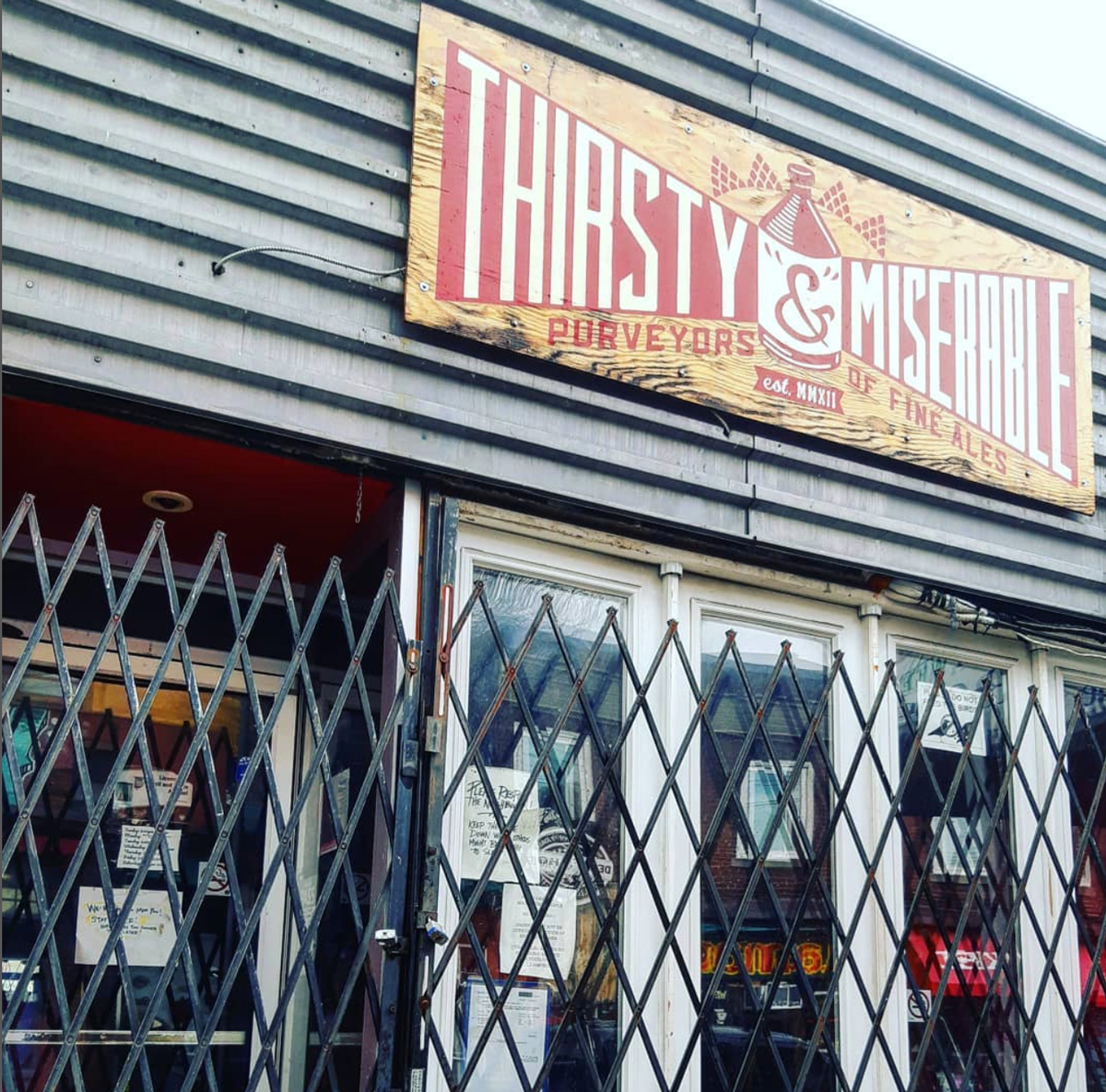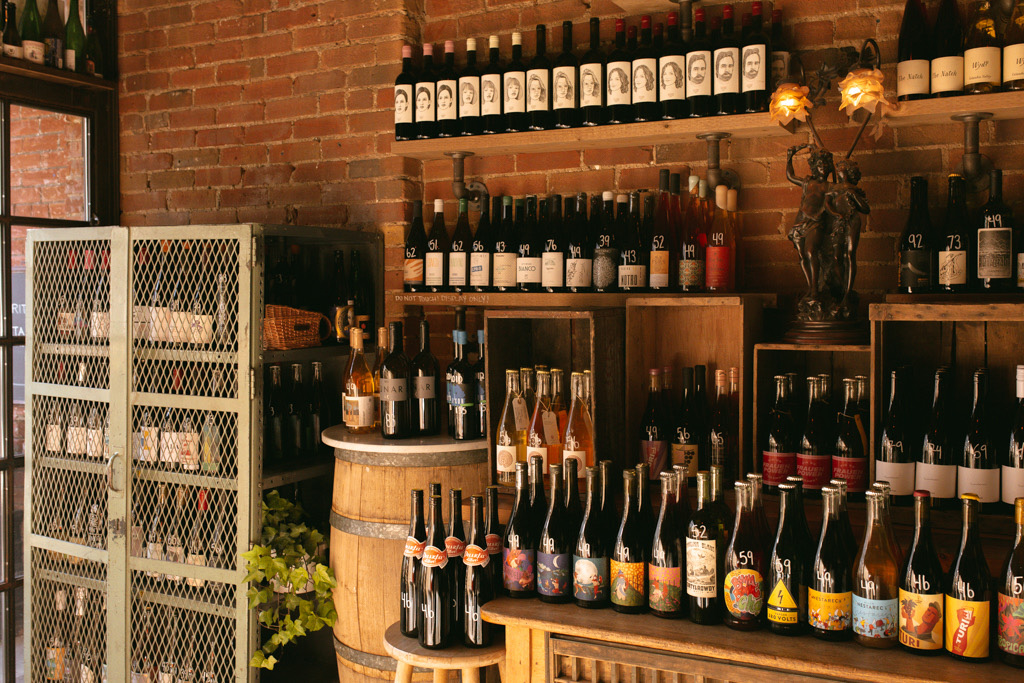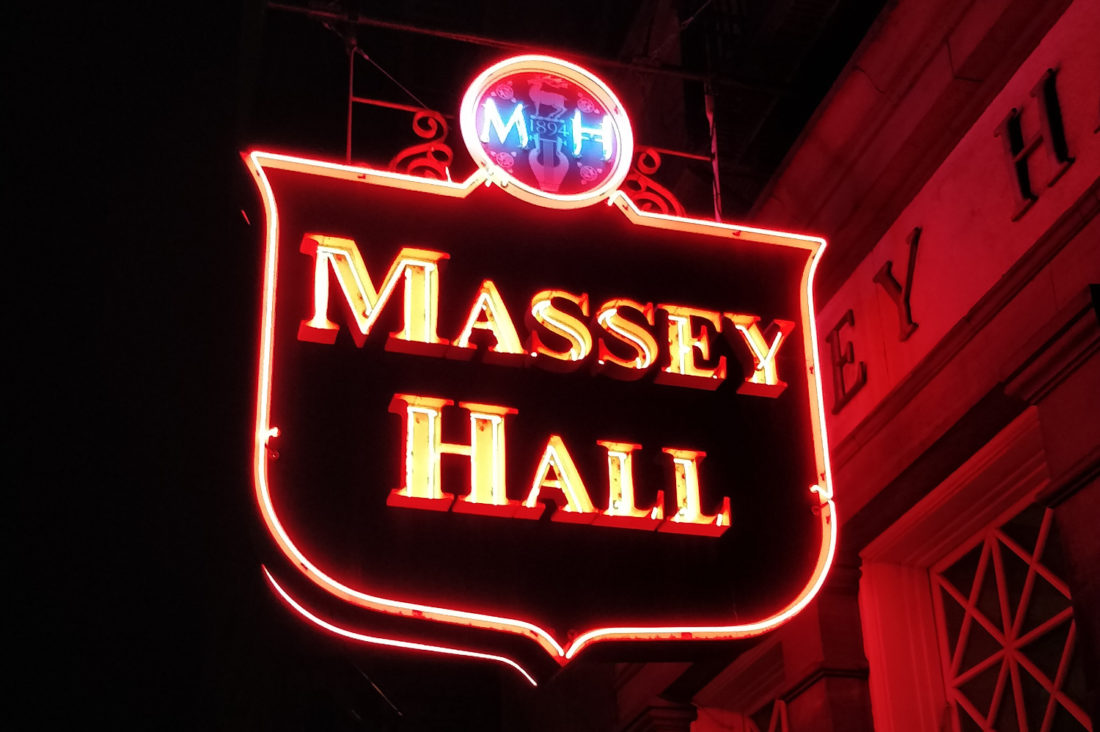
It’s early January and a lockdown has once again shuttered Toronto’s bars and restaurants—one of its best for good. Katie Whittaker, owner of Thirsty and Miserable, was emptying leftover kegs into mason jars, growlers, and the cupped hands of anyone passing by before her much-beloved Kensington Market craft beer dive closed after ten years.
“I’m trying to get rid of everything and I’m down to one keg. I’ve been drinking the same beer for two weeks,” admits Whittaker. “I was really excited to get a keg of Third Moon Bone Tree IPA but I almost never want to see that beer again [laughs].”
Thirsty and Miserable isn’t the only craft beer bar giving up the ghost. The Tap and Mallet in Rochester closed only a few weeks prior, Falling Rock Tap House in Denver ceased operations in the fall, and Oakland’s Belgian specialty bar, The Trappist, was sold to Rustic Ales, who’ll transform the bar (respectfully, no doubt) into yet another taproom space. Here in Toronto, The Only Café’s building continues to be on the market, putting that east-end Mecca at risk, too.
But Thirsty and Miserable was one of a kind. A perfect mix of curation, atmosphere, and affordability. It’s where I, like many before me, first tried Orval and Cantillon. It was the rare bar where craft beer nerds mingled with Kensington weirdos and (to one bar owner’s annoyance) blissfully ignorant tourists trying to retrace Anthony Bourdain’s steps (he drank there with the band Fucked Up on No Reservations). Still, regulars knew the writing, much like the large “Fuck Doug Ford” graffiti in the downstairs bathroom, was quite visibly on the wall.
The outpouring of support has meant a lot to Whittaker. “Those who didn’t know already were shocked and sad,” she said, “it was touching that a lot of people seemed to care that it was closing but it was a decision I made. I knew the days were numbered and I didn’t want to be doing this right now especially with COVID and the limitations of this building.”
It’s difficult to imagine but when the bar opened, Bellwoods Brewery had just started operations at their shoebox Ossington brewpub. Beers like Muskoka Mad Tom and Sawdust City Lone Pine—west coast-style IPA with bold bitterness—were all the rage. Untappd was nowhere in the lexicon (did I mention these were the good old days?). And the fish place next door was still months away from a rat problem that would force it out of business and take its gnarly fishy smell with it. Fast forward to today and the very nature of her business and the business of most beer bars has changed dramatically and not necessarily for the better. “COVID rules made a bar not a particularly fun place to be,” Whittaker laments. So, like most in the industry, she pivoted to retail in order to survive and continue serving the needs of her community, selling bags of raw golden potatoes along with cans of Ontario’s newest, most-hype releases.
Thirsty and Miserable’s story of transition and its ultimate demise is a bellwether for what’s been happening to beer bars across Ontario. The truth is, even though your local beer bar is still open it’s likely not really a tried-and-true beer bar anymore. Most are now predominantly bottle shops or boutique grocery stores and, when not in lockdown, their menus likely showcase a substantial number of wines by the glass, cocktails, and seltzers. Classic craft beer bars, ones like Thirsty and Miserable, are getting rarer by the day.

“The death of the beer bar happened before COVID,” Julian Morana proclaims. Morana , along with his family co-owns and operates Birreria Volo, Bar Volo and the newly minted Bottega Volo, which is a retail store focused on beer, food, (and increasingly) wine from their importation arm, Keep6 Imports. “The hazy IPA boom was the death of the beer bar. It changed peoples’ beer buying habits,” he explains. For Morana, “COVID’s just an extra dagger in the wound.”
He tells me breweries got more clever in their business strategy and he’s not wrong. Large investments in e-commerce, home delivery, the building of line culture, and on-site taproom experiences meant consumers weren’t going to their local beer bar to taste the latest and greatest anymore before lockdowns even came into the picture. In this day and age, where breweries are making money hand over fist thanks to their wide net of distribution, success for bars is merely surviving. But for Morana and those businesses like his, there’s no time to pout about it. “I’ve already mourned for two years. The bottega and the pivot to retail culture has given me light at the end of the tunnel.”
On the other side of town, George Milbrandt, founder of C’est What—one of Toronto’s most venerated, old-school beer bars, is more optimistic. “We are not at all concerned about the long-term outlook. Retailers will likely have to do a lot more reimagining than hospitality,” he tells me. “As more people make a living staring at their computers, the need to connect with real people will be stronger than ever. Amazon can’t deliver the pub atmosphere.”
Even still, C’est What has been facing similar pressures today due to COVID and the increasing competition from local breweries. “It’s a lot of treading water trying to stay afloat while each wave chokes you while trying to breathe,” says Milbrandt. “It will have been a lost couple of years by the time we are able to attempt to climb out of the hole we have been thrown into.”
If you care about the survival of your local craft beer bar there’s a number of things you can do. For one, pressuring your local brewery to provide wholesale pricing to their licensee partners. That’s right, the $6 can of IPA you’re buying directly from the brewery is likely sold to your bottle shop at the same price. This lack of wholesale discount of any kind puts bars at a huge disadvantage, forcing them to take a cut on what are already slim margins to begin with. Second, if your local does have a food program, put away the big delivery apps and call in an order for pickup so the money flows back into the business. Every bar owner I talked to encouraged beer drinkers to diversify where they buy. Mix in a stop at your local bottle shop instead of always going directly to the brewery.
I ask Whittaker what she’ll miss about owning Thirsty and Miserable. She talks about the community, customers, and staff who helped make that place happen over the years. She tells me she’ll miss the access to great beer (duh). But more than anything else, Whittaker has no regrets about her decision to close: “Places, over time, like everything, lose their relevance and change is good. It’s time to reinvent.”
The craft beer bar business is changing. Nobody really knows what the future will hold for our favourite locals. All I know is they need our support, now more than ever before.




